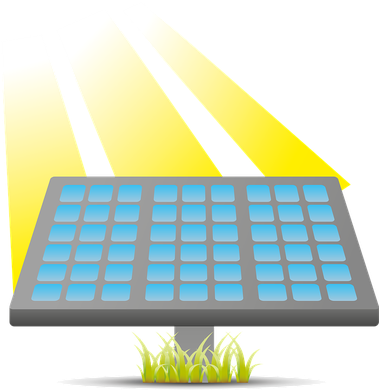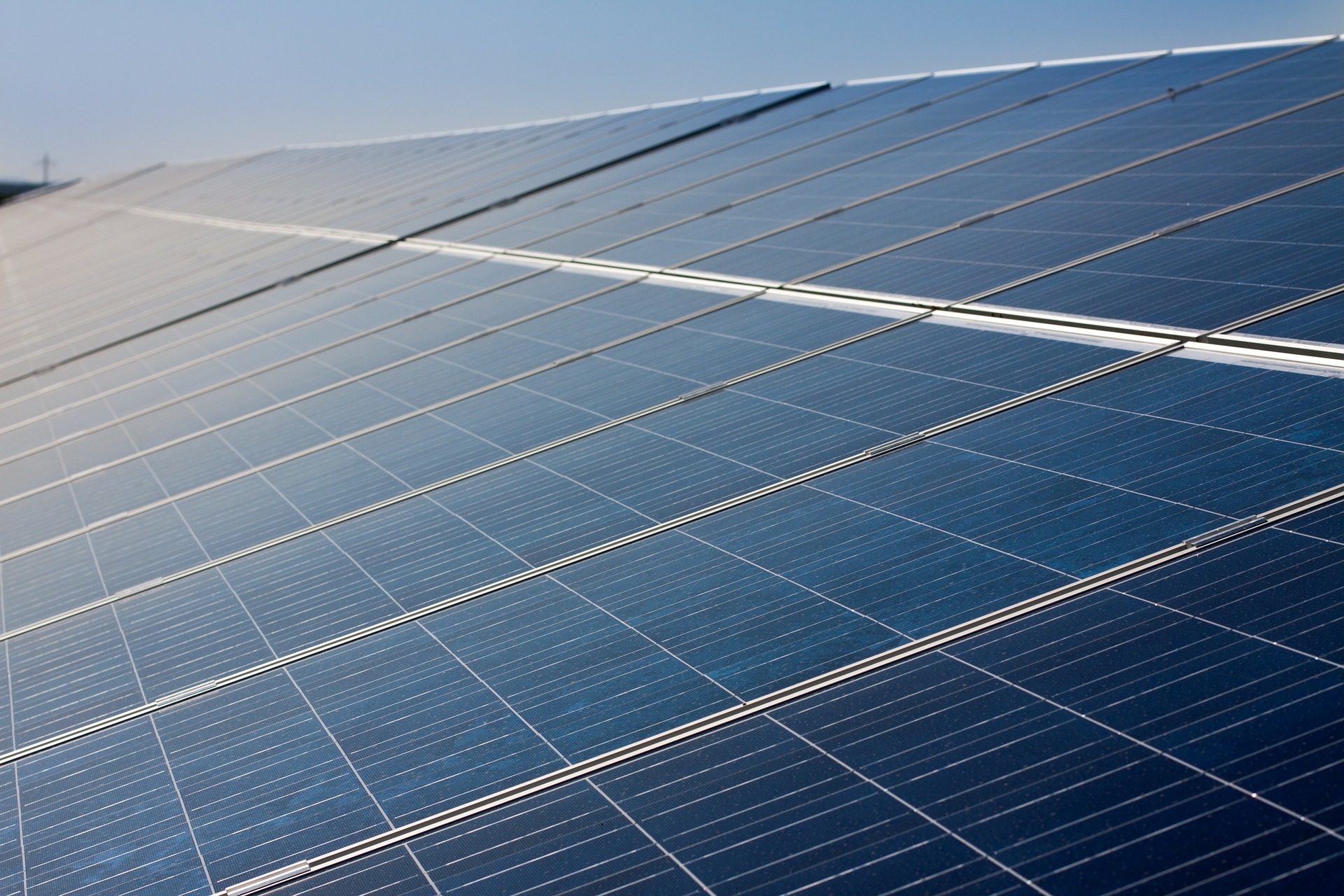
03 Oct Peak Sun Hours for Solar Energy
Solar energy has become one of the world’s most efficient and renewable sources. In this 21st
century, many homeowners are migrating to using solar panels because they provide other
benefits apart from being free.
By using solar panels to run your day-to-day activities in a building, apartment, or a complex of
offices, you get to cut down on electricity costs, which would further reduce your tax bills. That
said, we come to the question of efficiency: what times of day yield the best energy output?
They are called Peak Sun Hours.
So, what are Peak sun hours, and how would they affect my solar panel usage? In this article,
we will answer all these questions and guide you in calculating them.
What Are Peak Sun Hours (PSH)?
Peak sun hour is the intensity of sunlight your solar panel receives within a given time,
depending on your location. Put more precisely, it is the calculation of the amount of sunlight
your panel receives to transmit the right amount of electricity for your home, electrical
appliances, and offices.
Peak sun hours are different from the hours of sunlight in a day. When calculating the Peak sun
hours, you are not calculating the amount of sunlight from sunrise to sunset.
Furthermore, a peak sun hour is the one hour of sunlight that generates 1000 watts (Kw) from
your solar panel. The unit of a PSH is Kw/m.
Practical Application of Peak Sun Hours
To understand better what we have been discussing so far, we will be giving a practical
application of measuring a PSH and how to calculate it.
Let’s say you have a stall that uses solar energy solely to cut costs on electricity bills; if the
amount of solar irradiance (sunlight) your stall receives in a single day is 1000W/m between 9
am (opening hours) and 5 pm (closing hours). Those eight hours of sunlight would be
considered 8 peak sun hours.
Likewise, if the solar irradiance generating in your stall is only 1500W/m for only two hours, this
equals 3 the peak sun hours.
Peak sun hours can be represented in a formula equation as:
Peak sun hours (PSH) = Solar irradiance(Kw/m) X Duration(h)
However, the professional recommendation for using solar panels in your building should be a
minimum of 4 peak sun hours; any figure lesser than that is not recommended.
There are several tools you can use to get the precise PSH figure for your solar panel. They
include the PV Watts calculator, World Bank Group global solar Artlas portal, and PVGIS.
These tools are only the right option for you after you’ve evaluated the energy consumption
pattern in your location, the size of your solar panel, and the electricity cost.
What Factors Determine The Calculation of PSH?
To calculate the Peak Sun Hour for your panel, there are also cogent factors that you must
consider during this process. Let’s dive right in.
1. Weather Condition (Temperature)
As we all know, a major indication and essence of using renewable solar energy is the amount
of sunlight your panel would be getting.
If you stay in locations where there is minimal sunlight and more clouds, like Seattle, there’s a
high probability that the peak sun hours would be extremely low.
The best weather condition for your panels would be to use them in highly sunny locations to get
an average or high peak sun hour.
2. Distance from the Equator
To get a desired peak sun hour, the distance towards the equator tends to receive more sunlight
than farther distance, especially moving towards higher latitudes.
3. Solar Panel Angle
The preferred proximity for your panel should be directly below the sunlight. Whatever angle you
are facing the panel, it shouldn’t be away from the sun.
By doing these, you are ensuring to maximize the amount of PSH you’ll be getting on an hourly
basis within 24 hours.
Install Your New England Residential or Commercial Solar Panels with ACE Solar
If you plan on going solar, knowing the Peak Sun hour, calculating it, and evaluating the factors
that would be best suited for your environment are critical issues you need to consider. However, these are calculations that take industry knowledge and experience. Contact ACE Solar today and get a quote from our professional solar contractors in Massachusetts to get started!


Pingback:Peak Sun Hours for Solar Energy – ACE Solar – Solar Power Solutions
Posted at 21:26h, 03 October[…] Source link […]
Pingback:Peak Sun Hours for Solar Energy – ACE Solar - Mr Solar Daddy
Posted at 04:07h, 06 October[…] Source_link […]